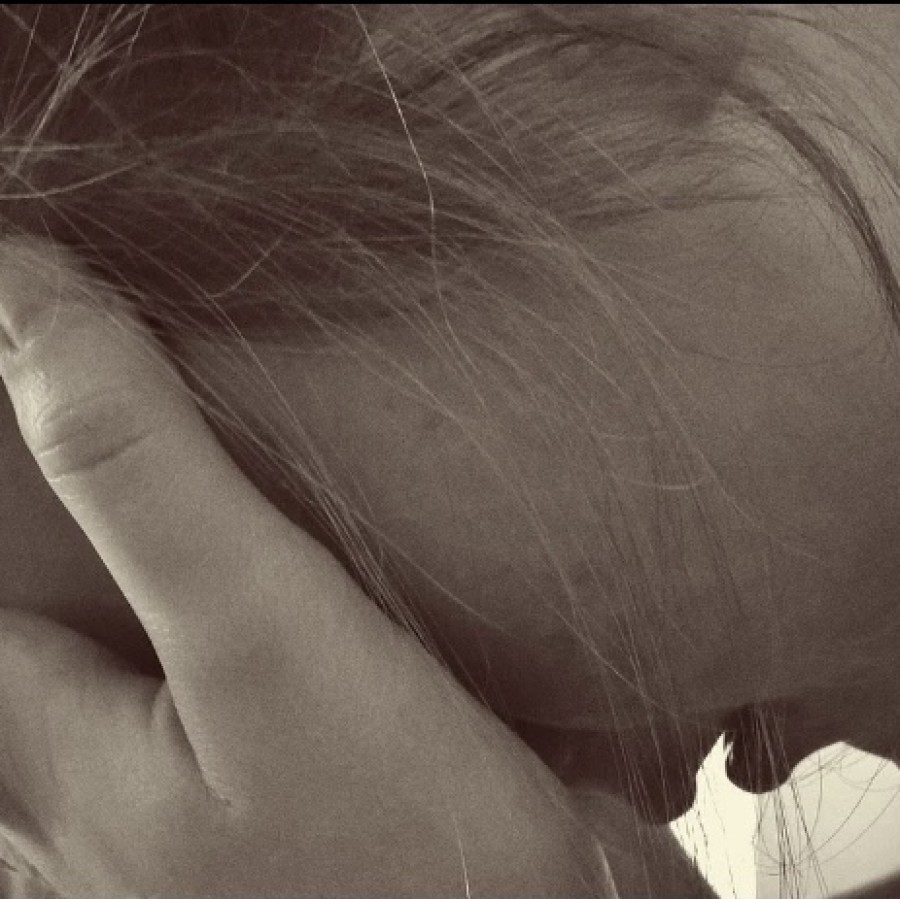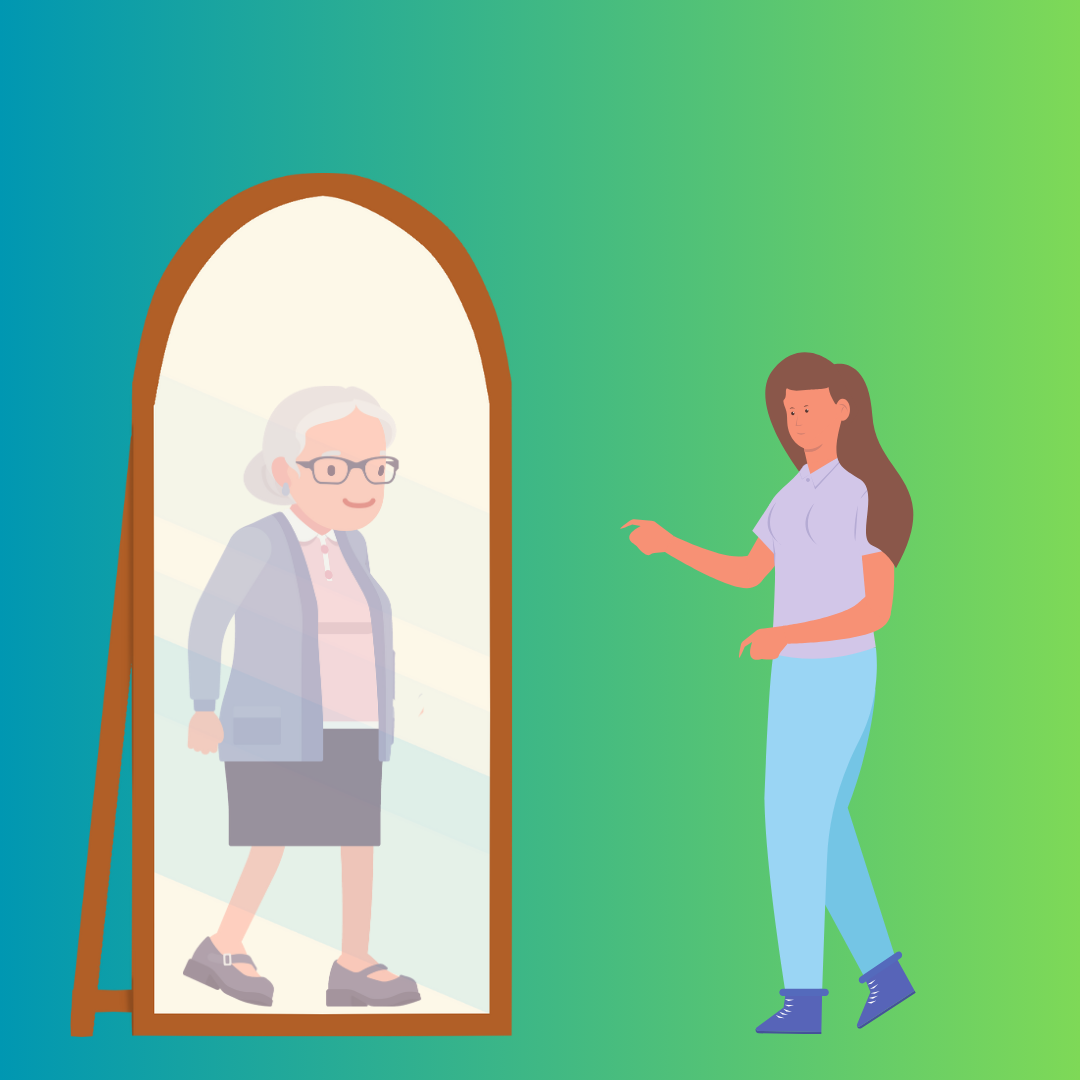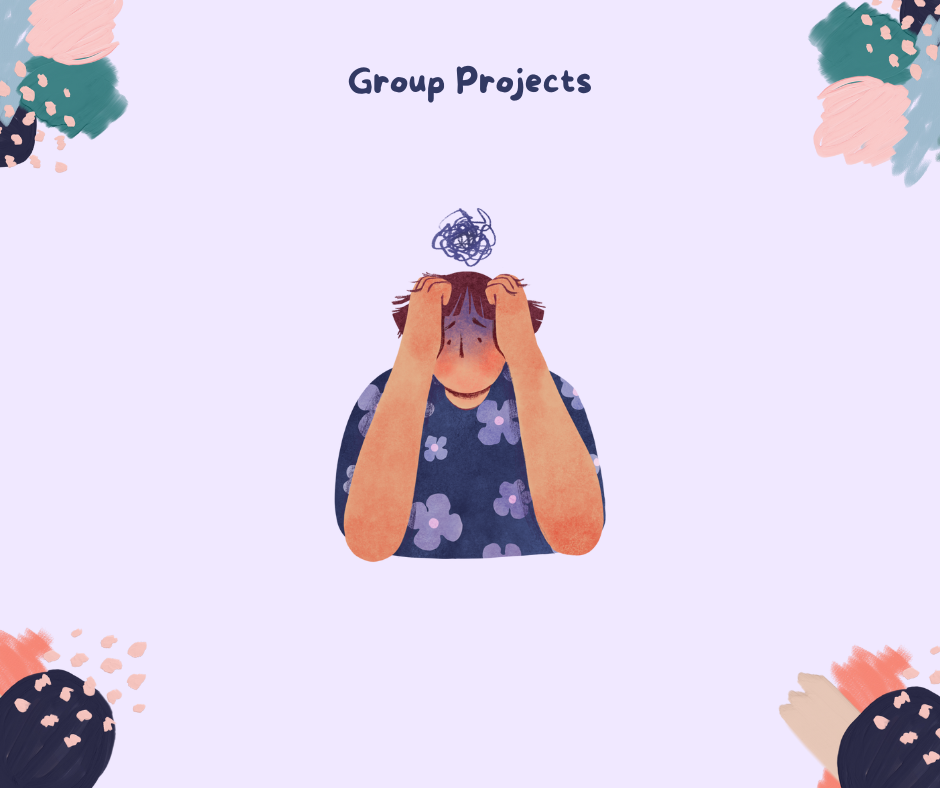It is human nature to categorically label people to fit a dichotomous view. Black or white. Rich or poor. Boy or girl. This detrimental thought process comes with a limited view of the whole picture.
Labeling is extremely dangerous and has been the origin of many global problems. People are quick to make assumptions about others. This has fostered extreme political polarization and hate for those with different viewpoints.
Simply put, labeling is discrimination and hate culture. It dehumanizes people, boiling their existence down to a single word.
I have seen people labeling others with nasty names, simply because they agree with the values of a certain political party. This has heavily contributed to hate and even “cancel” culture in today’s society.
What people fail to realize is that a person’s character is not defined by their political viewpoints. When people disagree, it gives them a catalyst for name-calling. This can be said for both parties.
Labeling can ruin friendships, relationships and opportunities to be open-minded.
Evolutionarily speaking, labeling has helped people determine what is safe and unsafe. However, it has made it very easy to make snap judgments. Many times, these judgements are negative and untrue.
Labeling based on judgement creates stereotypes and bias. Sometimes we are unable to detach the label from the person being labeled. In doing so, we neglect the person’s individual identity. Placing diverse groups of people into a single category is ignorant of the fact that every person has their own life experiences, thoughts and emotions.
Senior Roshni Patel discussed how labeling people can be inimical. “I think the biggest negative of labeling someone… is that it pushes them into a box,” Patel stated. “They are so much more than that one label, but once they are put into one specific category, it becomes difficult for people to see other sides of them.” Labeling creates a narrow-minded view of who a person is.
Another harm of labeling is its role in causing mental health problems. When people are labeled, they often feel immense pressure to live up to that title, sometimes creating unattainable expectations and stress.
When people internalize the label they have been given, they sometimes tie their worth to it. They believe they are trapped and tied down to this name-calling and judgement. Words hold great power and can have a lasting impact.
This depicts that the immaturity of name-calling goes beyond politics. When I was labeled as “fat” last year by members of this school, it affected how I viewed myself. I truly thought I was nothing more than a number on a scale, and I questioned why I even ate.
After eventually picking myself up I had to understand that I am much more than this descriptor. I am strong. I am driven. I am passionate. I am human.
Labeling can misrepresent people and make words sting a bit more. Senior Kalen Bunch has researched the effects of labeling. “Our brains are wired to put people and things into groups,” he expressed. “Labeling is one way we try and make sense of someone we don’t understand but it is often at the expense of their complexity. It often doesn’t do them justice and neglects the bigger picture.”
The words individuals choose to define others reflects how they perceive the world and others and shows their true colors.
Labeling is a learned and adaptive process that is based on social, political and economic constructs that humans have generated to help understand the world around them. However, labeling often negates individual identity and creates a clouded judgment of a complex being. Gaining perspective on our actions and words is vital to being open minded and understanding others better.










